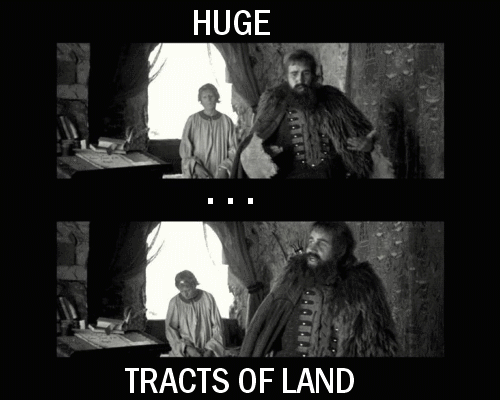Redhead has a point, you need to really look into this before you go in deep. I'm in essentially the same boat, I'm not to enthusiastic about becoming a regular vet. It's not that I don't love cats and dogs, but conservation/endangered species is my calling. That said I have a plan c or d that I've thought deeply about and I know that if have to take those because the rest doesn't work out, I'll be okay with my decision. Many people are going to shocked to read this, but I'm even contemplating dropping the vet side of things and going strictly into research if after vet school it is impossible to go into the area I wish to. It's a heavy price to pay, but a reality I have to contend with if I'm serious about this.
I've also considered going the PhD rout instead of DVM, or even both. I've contacted a few schools to discuss the possibilities of a less traditional dual dvm/PhD through the wildlife/conservation departments rather than biomedical. Basically, when I asked it hadn't been done before and was more of a "well if you can get a prof. willing to take you on..." unfortunately I'm a little too far away from applying to start harassing admissions and professors.
Seriously look into the research side, for starts, your looking at zero debt if you play your cards right. You might even look into just a masters; many people working for conservation organizations have a masters only. I personally prefer a ph'd because you usually have to pay for a masters but PhD's get their masters along the way. Phd's are generally completely funded either by grants, teaching, or a combination. Don't look for conservation though, very few schools have endangered species/ wildlife departments. PhD's for that kind of research is usually through ecology departments. Here's a few links of schools, admittedly the cream of the crop in this area, but as potential vet students we at least have a few advantages in ways of grades and GRE's.
http://www.columbia.edu/cu/e3b/phd_requirements.html http://www.ccwc.cornell.edu/ http://wfcb.ucdavis.edu/about/mission-statement.php there are other really good programs through Michigan state U., Florida state U., Utah state U, and many of the California schools really.
White oaks (florida) and the Wilds (ohio i think?) are zoos that are more like reserves. I know more about White Oaks than the Wilds, but W.O has large tracks of land and their collections are maintained in large herds like they might be found in the wild. The residencies through these two are still zoo residencies and you take the same round of exams as someone at a regular zoo. However, they're supposed to have a wildlife focus for obvious reasons. Also, the residency at W.O. is more of a rotation in a larger residency at Florida State U. and another local zoo.
Also, like Red Head said, be proactive about getting your information. I'm barely licking the frosting here, and there's a whole cake of information out there thats exciting, amazing, daunting, and sickening if you try to take it all in at once. (I get tired of old idioms, and this just fits so well since i'm eating cake

) There aren't going to be many "how to's" and those that are there are lacking, so skim them and do the research yourself. Look into internships. It will cost you a bit of money, especially if you go abroad where many have volunteer fees, but the insight is invaluable. Also, if you use google, just keep going past the junk. there are a lot of programs that are popping up these days offering chances to "raise" lions or save pandas for thousands a week. Basically, I've found $500 to $1000 a month to be about standard, although some are cheaper if your willing to stay longer. Also check out the uncommon veterinarian blog, soo interesting and very helpful.



